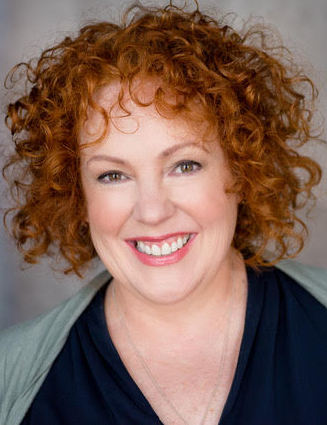|
VOICE OVER AUDITIONS
Ever since Covid hit, we’ve been holed up in our basements, or closets, or offices. Being a VO Covid has changed the recording landscape. Now we have to invest in equipment, be engineers So, let’s talk about the people on the other side of the glass. Who, exactly, is in there? THE AD AGENCY So, a client, let’s call them Kruft, will go to an ad agency like, say, “Bo Gurnett” because they Like: Delicious, creamy, family, homey, cheesy, affordable, quick, Mexican flair, etc. We, as VOs, might call them keywords and concepts that we want to emphasize when reading the script. The writer(s) runs with these and writes the commercial and a brief, or everything you want to know about the spot. The specs, the script(s), what the scripts are about, what the product is and what the company is about and everything else you need to know about giving Most of the time, they just send out the script, so it’s your job to be familiar with pronunciations and what the company or product actually does - and most especially, how they advertise. That means going to iSpot.tv or YouTube and checking out their latest commercials for tone, wording, style, etc. FOR EXAMPLE ... Let’s use this real script for Georgia Power as an example: “This film is part of an evolving series to share Georgia Power’s positive impact on the community through narratives. These stories What I see in this copy is that they want tell a story, and in this story they want to emphasize community, home, hard-working people, reliability etc. That gives me an idea of how I should interpret the copy and what the client wants to convey. If you don’t have any specs, pay The client, Georgia Power, approves it or asks for changes. This can be a short process or a long, laborious process depending on the client. The more money the client has, the easier the process tends to be. The lower the budget, the more difficult the process can be. Some of you will understand what I mean. CASTING BEGINS Once the client approves, the casting process begins. The agency will send the script out to agents and/or casting platforms depending on how many auditions they want to listen to. Six hundred auditions can wear on the agency and clients and yes, with the advent of VO casting websites, that number isn’t unusual. Or, they’ll ask for a curated list of talent from different talent agents. The agents pick the most appropriate talent in their roster and send it out to be auditioned. The agency and client will listen and make their selection and you’ll either get the job, or you won’t. Most of the time, you won’t. After all, only one person can get the job. But don’t take it personally. It’s a numbers game and, who knows, maybe you sound too much like their mother-in-law and they have … feelings. It’s all subjective. Most of the time, they’re shopping and they don’t know what they want but they’ll know it when they hear it. Then, when you hear the finished product, you might think “That’s who they picked??” or “Yeah, that makes sense” even It’s all subjective! So never, ever take it personally unless you know the creative hates your guts. (They don’t.) So, this is just a little bit of what the agency does before we get the script. Get to know what the agencies do and how they do it. It’ll make your job a little easier. Email: kathleen@kpandrade.com |
Tell Us What YOU Think!
Please Note: Since we check for spam, there will be a slight delay in the actual posting of your comment.
Comments
No comments have been posted yet. Hurry, and you could be the first!
As of the NEW website launch, 03/22/2012

 By Kathleen Puls Andrade
By Kathleen Puls Andrade






.png)

click for new article alerts